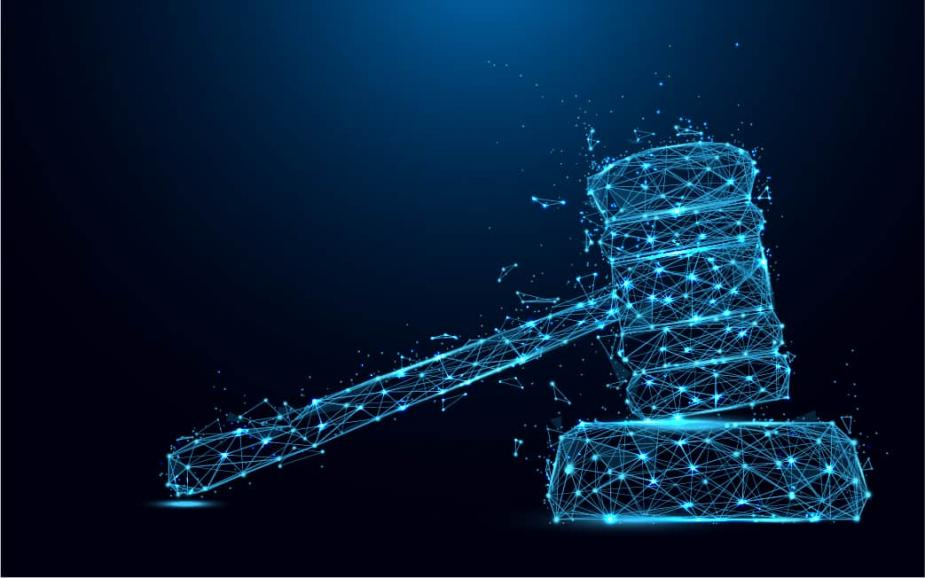
You’re about to ride on reading journey where you might’ve never went before, so let’s begin, shall we?
INTRODUCTION
In the modern era of technology, hackers are arguably playing an increasingly important role. They have been making a significant impact in various industries and across many aspects of our lives. As a result, debates about the legal implications of hacking and related regulations are actively occurring. This article will discuss the current legal and regulatory issues that come with hacking, exploring both positive and negative implications of this activity.
MAIN POINT
One of the most important legal issues associated with hacking is copyright infringement. Hackers often attempt to access systems with copyright-protected content without permission from the copyright holder(s). This can result in serious civil liability for those found responsible, as well as potential criminal repercussions if there is alleged criminal intent or motive. Many countries are now strengthening their laws against copyright infringement and introducing harsher punishments for violators. For example, China recently ratified its Copyright Law, which significantly stiffened penalties for offenders caught infringing upon copyrighted materials online; such punishments include jail time or hefty fines. As such, it’s important for people to be aware of these laws so they can stay compliant while benefiting from new technologies.
MAIN POINT #2
Another major debate revolves around computer crime legislation, which exists in many regions throughout the world to protect citizens’ digital privacy and security rights. In some cases, these laws give additional protection to corporations due to increased vulnerability caused by hackers attempting to gain unauthorized access to data or systems owned by companies; however, critics have argued that these laws are unnecessarily harsh and draconian when applied to individual users rather than organizations or commercial entities. Additionally, while some believe that regulating hacker activities may be an effective way to prevent malicious attacks on enterprises’ networks, others fear that such measures could lead to further criminalization of hackers who act out of curiosity or simply want to challenge their skillset rather than cause harm or data theft.
Furthermore, debates about the ethical implications of hacking are actively being discussed as well in regards to Cyber Security Laws (CSL). Proponents argue that CSLs help protect individuals from malicious attacks by cyber-criminals seeking financial gain; however some opponents view CSLs as an intrusion into personal liberties due to their broad scope in regards to crackdowns on activities deemed illegal under these laws (e.g., accessing secured networks without authorization). For example, countries like China have adopted “Digital Rights Management” regimes where corporations have right-of-entry rights over citizens information if they suspect any security threats without necessarily proving any actual malicious intent before taking action against hackers – creating a system ripe with potential abuse-of-power scenarios depending on implementation factors specific circumstances surrounding individual cases prosecuted under said law framework(s).
CONCLUSION
Finally, while discussions are ongoing regarding how best to legislate hacker activities – current questions remain unanswered such as whether existing regulations need more expansive definitions that could better define activities based risks posed than simply categorizing them solely based on provision’s breach? While statesmen continue debating solutions that seek bringing balance between ways internet usage should be allowed/restricted legally wise – much still comes down local governments discretion define what constitute illegal actions within respective territories at behest but risk limiting people’s ability innovate via technological feedback loop created opposition some types conduct thought condemned harmful despite intentions just because it requires circumventing rule sets engineer desired end results faster more efficiently wish disrupt least amount infrastructure after having gone work investigating details beforehand